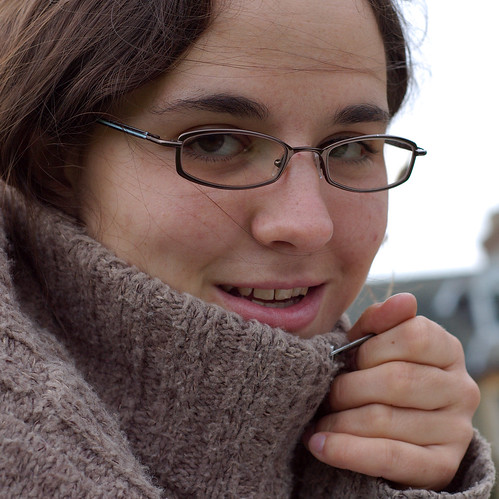The poems flit from form to form - there are poems in Scots and English, some tell stories and some contemplate the soul, there is a translation (very free, as far as I can remember - my reading of Dante is many years old) of the forest of the suicides part of the Inferno and two poems described as 'after Rilke', there is a highly erotic poem that is nonetheless addressed to children. Such variety is impressive. This is why I can't find a real coherency in the collection I think. It is undeniable that the man is a master of his art, but the poems don't stir or transfix me the way I want them to. There is enormous skill with the language but it isn't foregrounded (which I usually love). Subtle and probably lifelike and therefore difficult? Or difficult to appreciate on one reading. More work required.
The Wreck
But what lovers we were, what lovers,
even when it was all over -
the deadweight, bull-black wines we swung
towards each other rang and rang
like bells of blood, our own great hearts.
We slung the drunk boat out of port
and watched or unreal sober life
unmoor, a continent of grief;
the candlelight strange on out faces
like the tiny silent blazes
and coruscations of its wars.
We blew them out and took the stairs
into the night for the night's work,
stripped off in the timbered dark,
gently hooked each other on
like aqualungs, and thundered down
to mine our lovely secret wreck.
We surfaced later, breathless, back
to back, then made our way alone
up the mined beach of the dawn.
Don Paterson, from Landing Light (London, 2003)
In fact, just typing that out has made it more meaningful to me. But even so the imagery is tangled. The first part reflects the security of falling in love quite clearly despite the mixed metaphors - but the symbolism becomes less clear as the poem goes on. The slipperiness of metaphor is one of the central joys of the poem. Of course there is so much more to poetry than 'de-coding', but it's a natural thing to do when faced with words that seem to go somewhere and then slip sideways or turn back on themselves - and that's the fun part, that keeps the interest and piques curiosity. It is there. Perhaps comprehension is just further off than I'm used to? Or not as natural to me as I have found with my favourites?








No comments:
Post a Comment